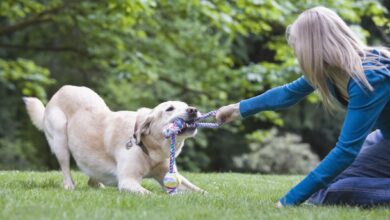12 most stubborn dog breeds

Dogs are known for their loyalty, friendship, and intelligence, but some breeds have a reputation for being particularly stubborn. These breeds can be more difficult to train and may require extra patience, consistency, and a firm hand. Stubbornness in dogs can stem from an independent nature, a strong personality, or breed-specific traits that make them less inclined to follow commands. Understanding the stubborn tendencies of certain breeds can help potential dog owners better prepare for the unique challenges they may face. This article explores the twelve most stubborn dog breeds, detailing why each breed is a good fit for this topic and what makes them particularly stubborn.
12. Afghan Hound
The Afghan Hound is known for its elegant appearance and aloof demeanor. Originating in the mountains of Afghanistan, these dogs were bred for hunting and have a strong, independent streak. Their stubbornness often stems from their high intelligence and confident nature. Afghan Hounds can be difficult to train because they get bored easily and may not see the point in repeating commands. They need a patient and consistent owner who can make training sessions fun and rewarding. Despite their stubbornness, Afghan Hounds are loyal and loving companions when properly understood and managed.
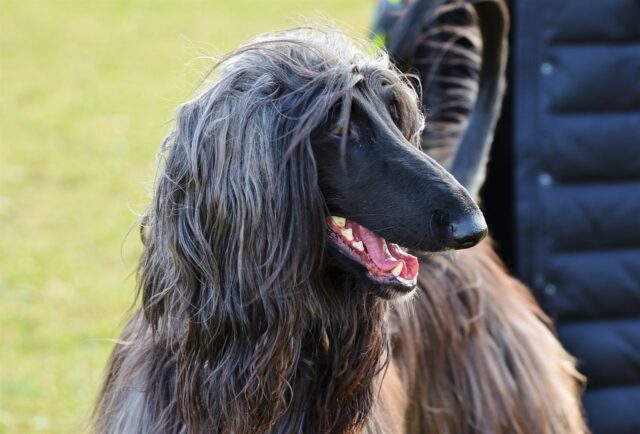
11. Shiba Inu
The Shiba Inu is a small, agile dog with a bold and energetic personality. Originating in Japan, the Shiba was bred to hunt small game and has a strong hunting instinct. Their stubbornness is often the result of their independent nature and strong will. Shiba Inus can be difficult to train because they like to do things their own way and can resist meaningless commands. Positive reinforcement and consistency are key to training a Shiba Inu. Despite their stubborn tendencies, the Shiba is loyal and affectionate to their family, making them a valuable companion for those who can handle their challenging nature.
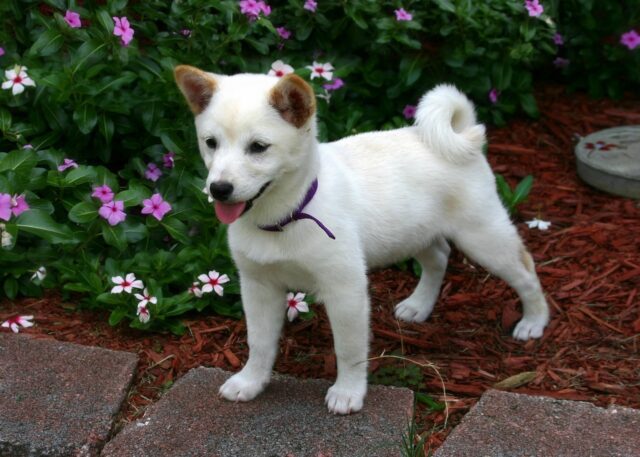
10. Dachshund
With their long bodies and short legs, the Dachshund is a charming dog breed known for its stubbornness. Originally bred to hunt badgers, Dachshunds have a strong hunting instinct and an independent nature. Their stubbornness often comes from their determination and fearlessness. Dachshunds can be challenging to train because they are easily distracted and can become bored with repeated commands. Positive reinforcement, consistency, and keeping training sessions short and engaging can help control their stubborn tendencies. Dachshunds are loyal and affectionate pets, making them well worth the extra effort.

9. Chow Chow
The Chow Chow is known for its distinctive lion-like appearance and independent temperament. Originating in China, these dogs were used for guarding and hunting. Their stubbornness often stems from their strong and aloof nature. Chow Chows can be challenging to train because they are not easily motivated by food or praise and can resist unnecessary commands. Early socialization and firm, consistent training are important to control their stubborn tendencies. Despite their independence, Chow Chows are loyal and protective of their family, making them great companions for those who can handle their strong personalities.
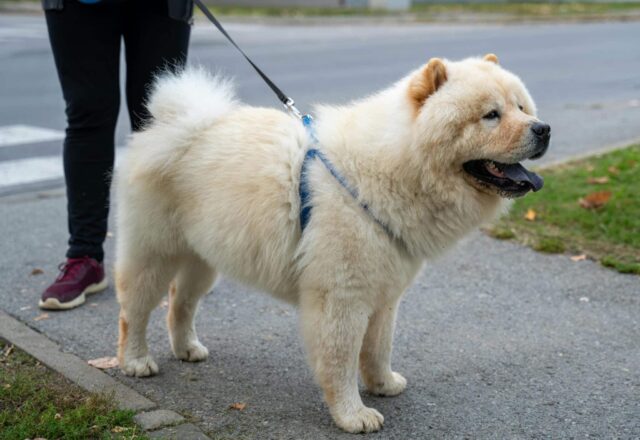
8. Basenji Dog
The Basenji is a small, elegant dog breed known for its independence and distinctive howl-like bark. Originating in Central Africa, the Basenji was bred to hunt and has a strong hunting instinct. Their stubbornness often stems from their high intelligence and independent nature. Basenjis can be difficult to train because they get bored easily and may not see purpose in repetitive commands. Positive reinforcement, consistency, and keeping training sessions short and engaging can help control their stubborn tendencies. Basenjis are loyal and affectionate pets, making them well worth the effort.

7. Scottish Terrier
Scottish Terriers, or Scotties, are small but determined dogs with big personalities. Originally bred to hunt and dig for pests, Scotties possess a tenacious and independent nature. Their stubbornness often stems from their determination and fearless attitude. Scotties can be difficult to train because they are easily distracted and can become bored with repeated commands. Positive reinforcement, consistency, and keeping training sessions short and engaging can help control their stubborn tendencies. Scotties are loyal and affectionate pets, making them well worth the extra effort.
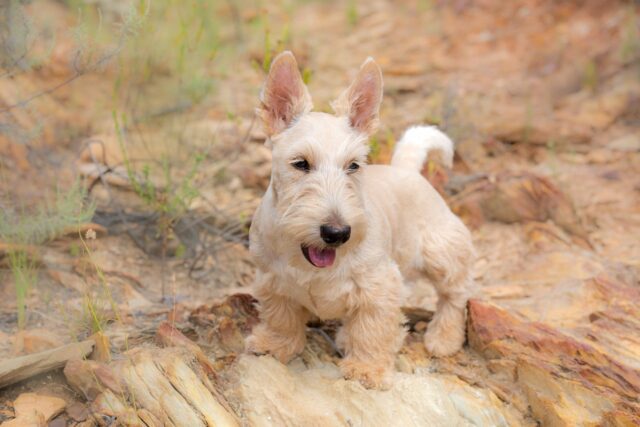
6. Jack Russell Terrier
The Jack Russell Terrier is a small, energetic dog breed known for its intelligence and stubbornness. Originally bred to hunt foxes, the Jack Russell has a strong hunting instinct and an independent nature. Their stubbornness often stems from their high energy level and determination. Jack Russells can be challenging to train because they are easily distracted and can become bored with repetitive commands. Positive reinforcement, consistency, and keeping training sessions short and engaging can help control their stubborn tendencies. Jack Russells are loyal and affectionate pets, making them well worth the extra effort.

5. Akita
Akitas are large, sturdy dogs known for their independence and strong nature. Originating in Japan, Akitas were used for guarding and hunting. Their stubbornness often stems from their strong hunting and protective instincts. Akitas can be difficult to train because they are not easily motivated by food or praise and can resist unnecessary commands. Early socialization and firm, consistent training are important to control their stubborn tendencies. Despite their independence, Akitas are loyal and protective of their family, making them excellent companions for those who can handle their strong personalities.
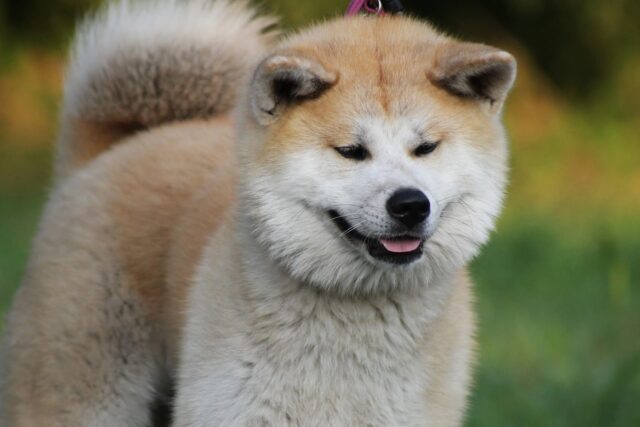
4. Basset Hound
Basset Hounds are known for their characteristic long ears, droopy eyes, and stubborn nature. Originally bred to hunt prey, Basset Hounds have a strong sense of smell and an independent temperament. Their stubbornness often comes from their determination and single-minded focus on tracking a scent. Basset Hounds can be difficult to train because they are easily distracted by interesting scents and may not respond to repeated commands. Positive reinforcement, consistency, and keeping training sessions short and engaging can help control their stubborn tendencies. Basset Hounds are loyal and affectionate pets, making them well worth the extra effort.
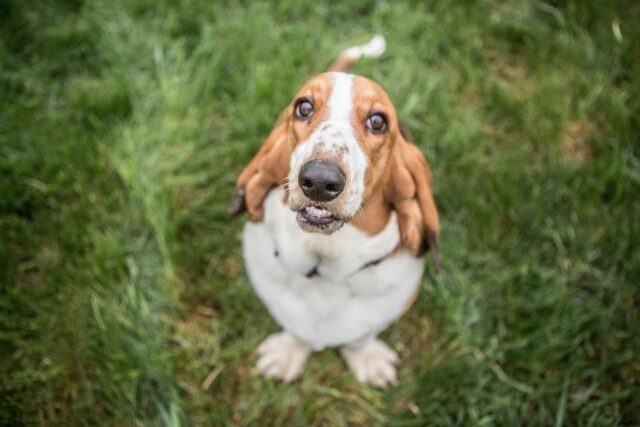
3. Greyhound
Beagles are small, friendly dogs known for their keen sense of smell and stubbornness. Originally bred to hunt, Beagles have a strong hunting instinct and an independent nature. Their stubbornness often comes from their determination and intense focus on tracking a scent. Beagles can be challenging to train because they are easily distracted by interesting scents and may not respond to repeated commands. Consistent positive reinforcement and keeping training sessions short and engaging can help control their stubborn tendencies. Beagles are loyal and affectionate pets, making them well worth the effort.

2. Bull Terrier
Bull Terriers are known for their distinctive egg-shaped heads and strong personalities. Originally bred for bullfighting and later as companion dogs, Bull Terriers possess a tenacious and independent nature. Their stubbornness often stems from their determination and fearlessness. Bull Terriers can be challenging to train because they are easily distracted and can become bored with repetitive commands. Positive reinforcement, consistency, and keeping training sessions short and engaging can help control their stubborn tendencies. Bull Terriers are loyal and affectionate pets, making them well worth the extra effort.
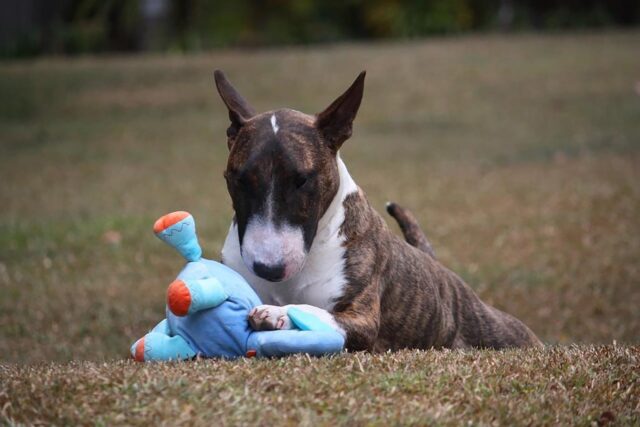
1. Bulldog
Bulldogs are known for their distinctive wrinkly faces and strong personalities. Originally bred to tease bulls, Bulldogs possess a tenacious and independent nature. Their stubbornness often comes from their determination and fearless attitude. Bulldogs can be challenging to train because they are easily distracted and can become bored with repeated commands. Positive reinforcement, consistency, and keeping training sessions short and engaging can help control their stubborn tendencies. Bulldogs are loyal and affectionate pets, making them well worth the extra effort.
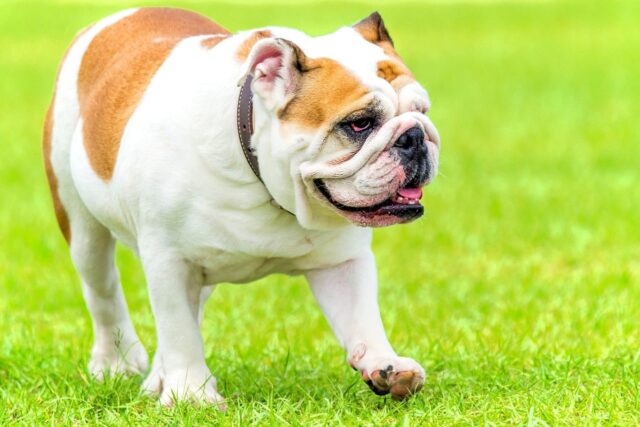
In summary, these eleven dog breeds are known for their stubborn natures, making them difficult to train and manage. Each breed has its own characteristics that contribute to their stubbornness, from independence to strong hunting instincts. Understanding these characteristics and practicing consistent, positive reinforcement training can help control your dog’s stubborn tendencies and ensure a happy and harmonious relationship with your dog. Despite their difficult natures, these breeds are loyal and affectionate companions, bringing joy and love to their families.
